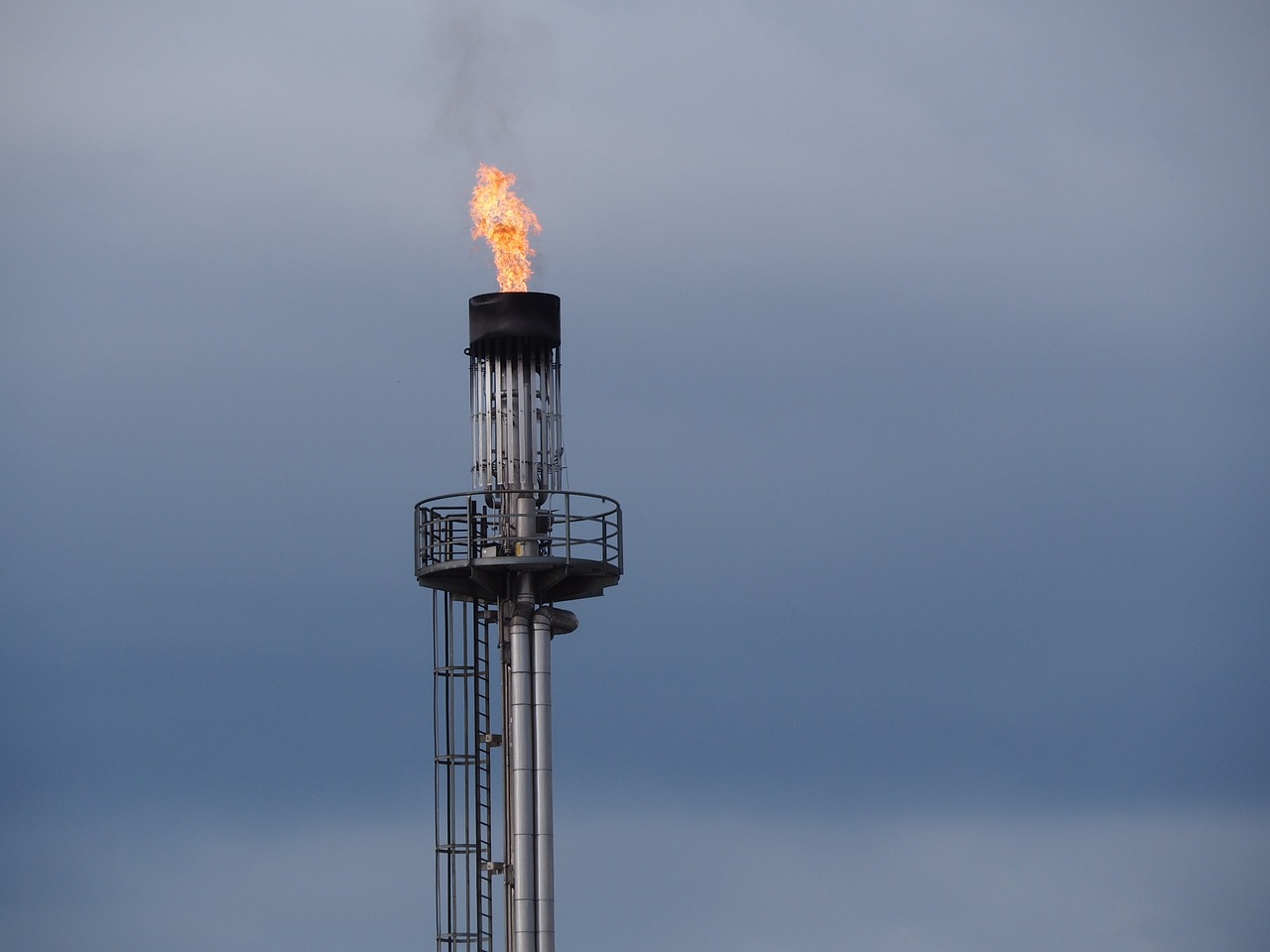
By Vusi Mazimbuko
Is it possible for the host of a major climate summit to lead discussions on environmental action while simultaneously pursuing oil and gas deals? This question comes into sharp focus following a Politico report revealing that the United Arab Emirates (UAE), host of the upcoming COP28 climate talks, was reported to have planned discussions about oil and gas deals in connection with the event. While the exact nature and details of these discussions remain unclear, this revelation poses significant questions about the alignment of economic interests with the urgent global need for environmental stewardship.
According to the Politico report, the UAE, a dominant player in the global oil market, was reported to have had discussions with over a dozen countries in the lead-up to COP28. These discussions, as reported by Politico, had the potential to involve oil and gas deals. This information raises concerns about the potential for a conflict of interest given the UAE’s role as the host nation for a summit dedicated to climate action.
This development places the BRICS nations in a particularly intriguing position. These emerging economic powers, each grappling with their own energy needs and climate commitments, now face a complex dilemma. The UAE’s approach offers a mirror to the world’s dual dependence on fossil fuels and economic growth, a situation all too familiar to the BRICS countries.
China and India, struggling to balance their massive energy demands with climate commitments, might see a pragmatic opportunity in the UAE’s reported discussions. However, the nature and extent of these discussions are speculative, and it remains unclear how they align with COP28’s objectives. For Russia, a global energy powerhouse, the possibility of energy-related discussions involving the UAE raises questions about potential collaboration or competition in the energy market.
Brazil and South Africa, each with their distinct energy challenges, are likely to assess the implications of the reported discussions through the lenses of opportunity and risk. The exact details of the UAE’s reported discussions are unspecified, making it challenging to determine how they might align with the energy goals and climate commitments of these nations.
The UAE’s reported discussions and the ensuing dilemma for BRICS countries highlight a critical juncture in global climate policy. This situation raises questions about the integrity of global climate discussions and the potential for true environmental progress in the face of entrenched fossil fuel interests.
As the world anticipates COP28, the decisions of BRICS nations in response to the reported discussions will be closely watched. Their choices will reveal much about their stances on climate action versus economic development and could shape the future of global climate policy.
This unfolding scenario presents an intricate geopolitical and environmental challenge. The moves made by the BRICS nations in this context could have far-reaching implications, shaping not only their futures but also the global effort to address climate change. In this complex dance of economics, energy, and the environment, the world awaits the next steps at this critical crossroads.

